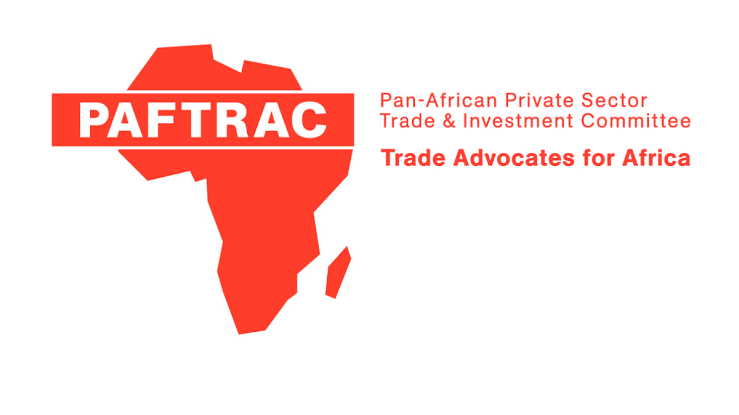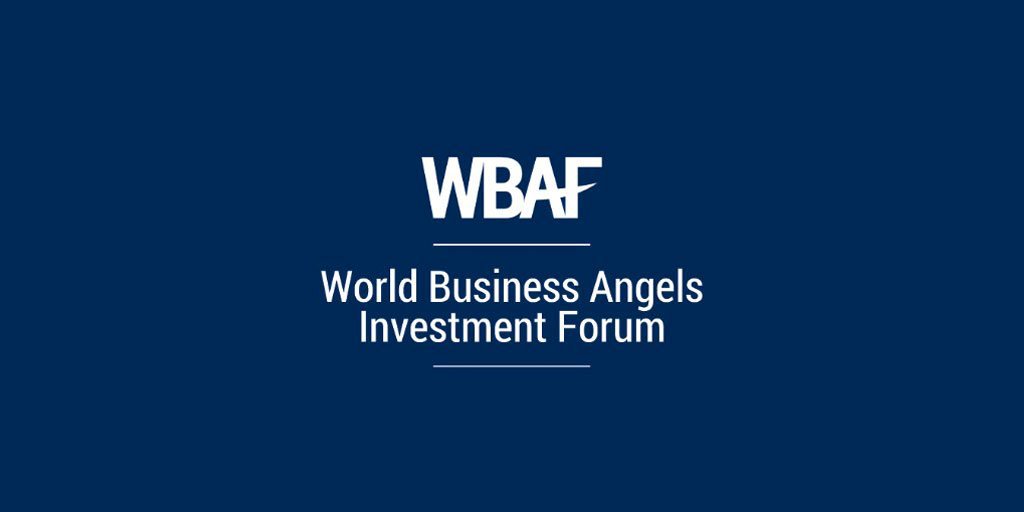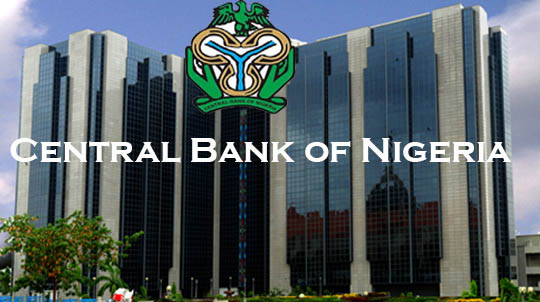A growing number of Nigerians are beginning to feel the impact of economic reforms aimed at curbing inflation, with public perception shifting toward a more optimistic outlook on price stability, according to the Central Bank of Nigeria’s latest Inflation Expectations Survey for June 2025.
The survey reveals that fewer Nigerians now believe inflation is excessively high, indicating a notable improvement in public confidence. In June, 71 percent of respondents said they considered inflation high, down from 75.3 percent in May. This shift suggests that inflation-targeting policies implemented by the federal government and the apex bank may be starting to resonate with the public.
The number of Nigerians who viewed inflation as moderate rose to 20.9 percent in June, up from 18.2 percent in May, while those who perceived inflation as low increased from 6.5 percent to 8.1 percent over the same period.
The perception shift was especially prominent among households. In June, the number of household respondents who viewed inflation as high dropped significantly from 79.6 percent in May to 69.5 percent—a 10.1 percentage point decline. Meanwhile, household views on moderate inflation rose from 15.9 percent to 22.7 percent, and those who believed inflation was low jumped from 4.4 percent to 7.8 percent.
However, this growing optimism was not mirrored among businesses. The percentage of business respondents who perceived inflation as high rose slightly from 71.5 percent in May to 72.3 percent in June, reflecting ongoing concern about rising operational costs and profit margins.
This divergence in sentiment may reflect the realities businesses face as they continue to grapple with elevated input costs, a trend highlighted in the Central Bank’s June 2025 Purchasing Managers’ Index (PMI) report. The PMI cautioned that persistent cost pressures could reignite consumer inflation as companies struggle to absorb rising expenses.
The shift in public perception aligns with official figures from the National Bureau of Statistics (NBS), which reported a slowdown in Nigeria’s headline inflation rate to 22.22 percent in June 2025, down from 22.97 percent in May. On a year-on-year basis, this represents a dramatic drop of 11.97 percentage points from the 34.19 percent recorded in June 2024.
However, on a month-on-month basis, inflation quickened slightly, with the rate rising to 1.68 percent in June from 1.53 percent in May, suggesting that prices increased more rapidly in June than the previous month.
Additionally, the 12-month average Consumer Price Index (CPI) fell to 26.58 percent, down from 30.00 percent a year earlier, showing that inflationary pressure may be easing overall—but still remains a key concern.
While more Nigerians are beginning to feel that inflation is cooling, ongoing price pressures—especially on businesses,suggest the path to sustained stability may remain uncertain. The CBN survey results reflect cautious optimism: reforms may be working, but challenges persist, particularly as companies deal with high operating costs and consumers navigate a still-volatile economic environment.
The months ahead will test the strength of inflation-targeting policies and the resilience of both consumers and producers in maintaining this positive momentum.










